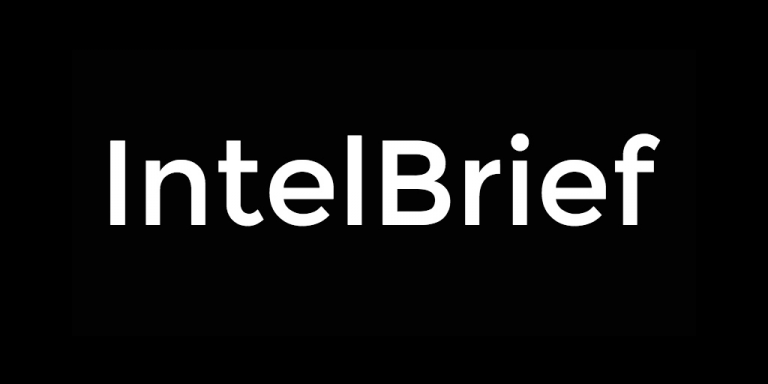INTELBRIEF
July 5, 2017
TSC IntelBrief: Iran Boosted By Islamic State Defeats

• Iran is exploiting the U.S.-led coalition’s defeats of the so-called Islamic State to enhance its regional strategic position.
• Iran’s chief goal is to establish a secure land corridor from Iran to its main regional ally, Lebanese Hezbollah.
• Iran’s efforts to further its power base are worsening the already extreme levels of regional sectarian tensions.
• Blocking Iran’s designs would require the Trump Administration to deepen its involvement in Iraq and Syria beyond combating the Islamic State.
The U.S.-led “Operation Inherent Resolve” coalition is shrinking the so-called Islamic State's (IS) territory in Iraq and Syria and ending its self-declared caliphate. Iran is exploiting IS’s losses to significantly improve its regional strategic position. Advances by Iranian allies and proxies appear intended to help Iran establish a secure land corridor extending from Iran to Lebanon, enabling Iran to better supply its main regional ally, Lebanese Hezbollah, which supports pro-Iranian forces in Syria. Iran has long sought a land-based supply line because arms deliveries to Hezbollah by air or ship are vulnerable to detection and interdiction by Israel, which has repeatedly struck Iranian deliveries of sophisticated weaponry, such as short-range ballistic missiles.
Establishing a land corridor to Lebanon requires Iran’s allies and proxies to control adjacent sides of the Iraq-Syria border and substantial contiguous territory in both countries. In Syria, Hezbollah and the Islamic Revolutionary Guard–Qods Force are guiding militias supporting Syrian President Bashar Al Assad on an attempted drive to the Iraq border. Iran-backed forces have sometimes approached de-confliction zones agreed between the U.S. and Russia, and in some cases drawn U.S. fire to blunt the advance. In mid-2017, the U.S. led several strikes on Iran-backed forces in Syria as they came close to a U.S. training base for allied Syrian forces at Al Tanf. In Iraq, Iran’s powerful allies—the commanders of large Shi’a militias armed and trained by Iran—convinced Prime Minister Haider al Abadi to allow the militias to take up positions west of Mosul in the battle against IS. One of the Shia militias, Kata’ib Hezbollah, is named by the United States as a Foreign Terrorist Organization.
The Iran-backed militias, likely attempting to change demographics to suit Iran’s interests, have aggravated sectarian and ethnic tensions in both countries. In Syria, Iran and Hezbollah-led militias captured areas inhabited by Sunnis, with a probable goal to capture one of the last IS strongholds in Syria, Deir Az Zour, a Sunni city on the Iraq border. In Iraq, Shia militias have taken or increased their influence in Nineveh Province, inhabited by Sunni Arabs, Kurds and Christian minorities. Iran-backed militias have driven many Sunnis out of the mixed Iraqi province of Diyala in an effort to secure Iran’s route to northern Iraq and ultimately to the border with Syria. The Shia militia presence in Sunni or mixed areas in both countries could result in ethno-sectarian fighting after IS is defeated, or cause the resurgence of IS or another Sunni insurgent group. Either outcome would prevent the international community from calming violence in both countries and stabilizing areas liberated from IS control.
Iran’s efforts to develop a secure land route to the Mediterranean presents the Trump Administration with a major dilemma. The administration has stressed the need to aggressively counter Iran’s regional influence and failing to prevent Iran from establishing a secure corridor to the Mediterranean would represent a clear setback to their goal of weakening Iran strategically. The success of Iran’s project could also further alarm Saudi Arabia and other key Sunni Arab states and increase the potential for direct regional conflict as Saudi Arabia and its allies seek to reverse or counter Iran’s gains.
Thwarting Iran’s plan in Iraq and Syria would require an extensive U.S. military effort, and the administration has indicated that it prefers not to remain heavily involved militarily or engage in any “nation-building” efforts in either Iraq or Syria after IS is defeated. The administration has attacked pro-Assad forces when they have used chemical weapons or threatened U.S. military personnel, but said it will not engage in operations to overthrow Assad. Rather than counter Iran-backed forces directly, the Trump administration will likely press the Abadi government to rein in the Iran-backed Shia militias in Iraq, and press Russia to try to marginalize Iran’s role in post-Islamic State Syria. The prospects for these U.S. measures to succeed against Iran’s project, however, are limited.
.
.
.
For tailored research and analysis, please contact: info@thesoufancenter.org
.